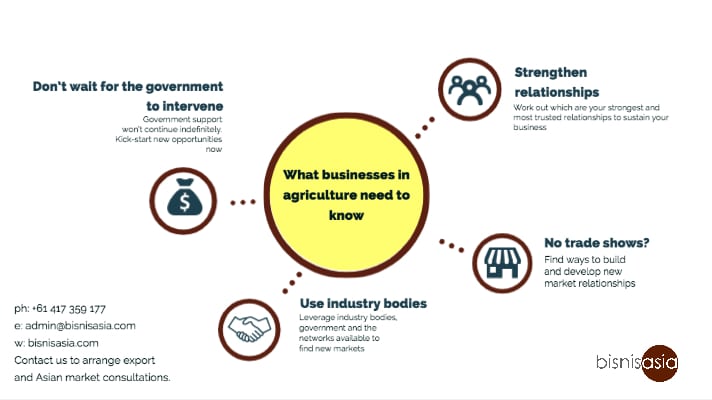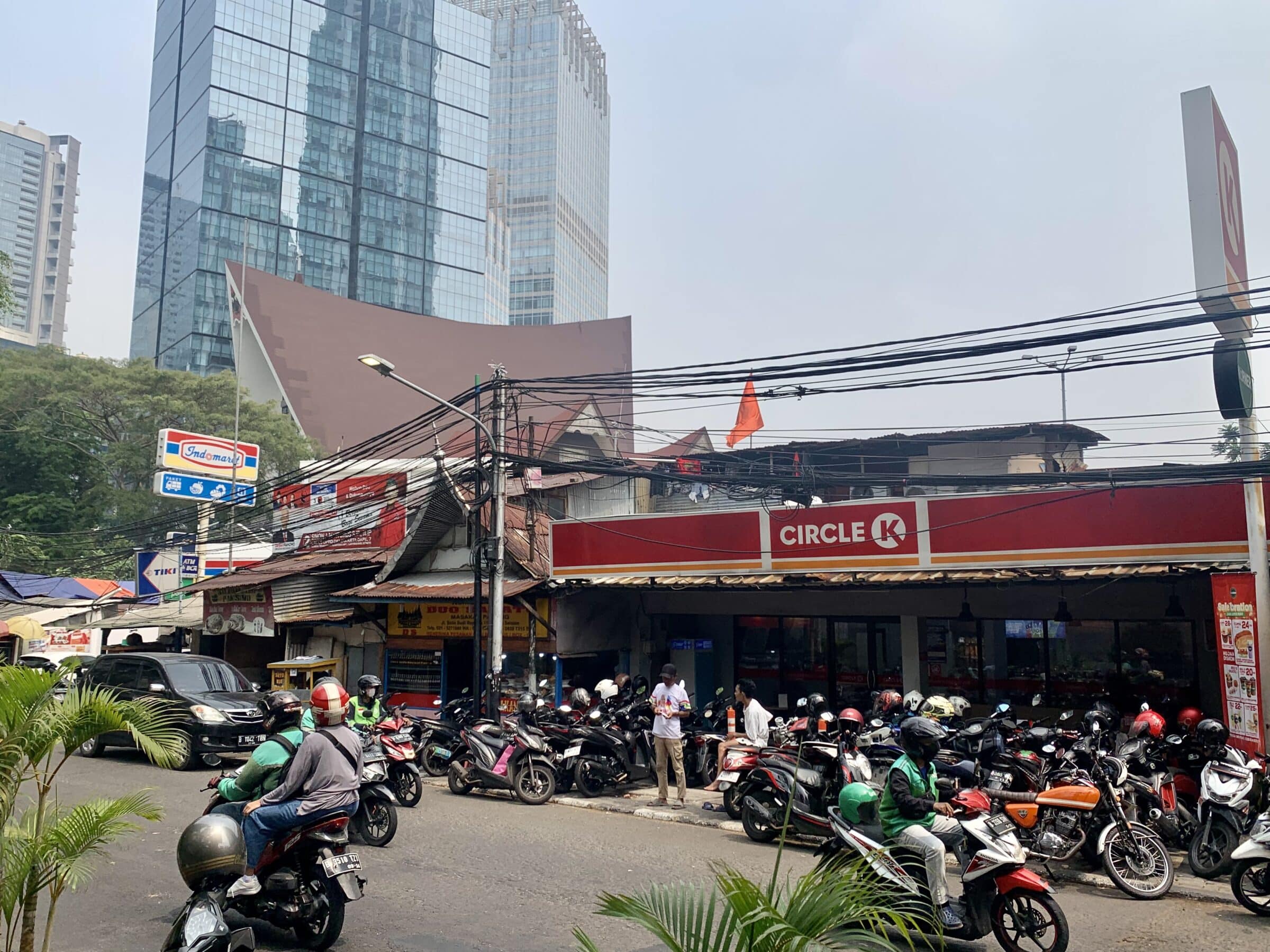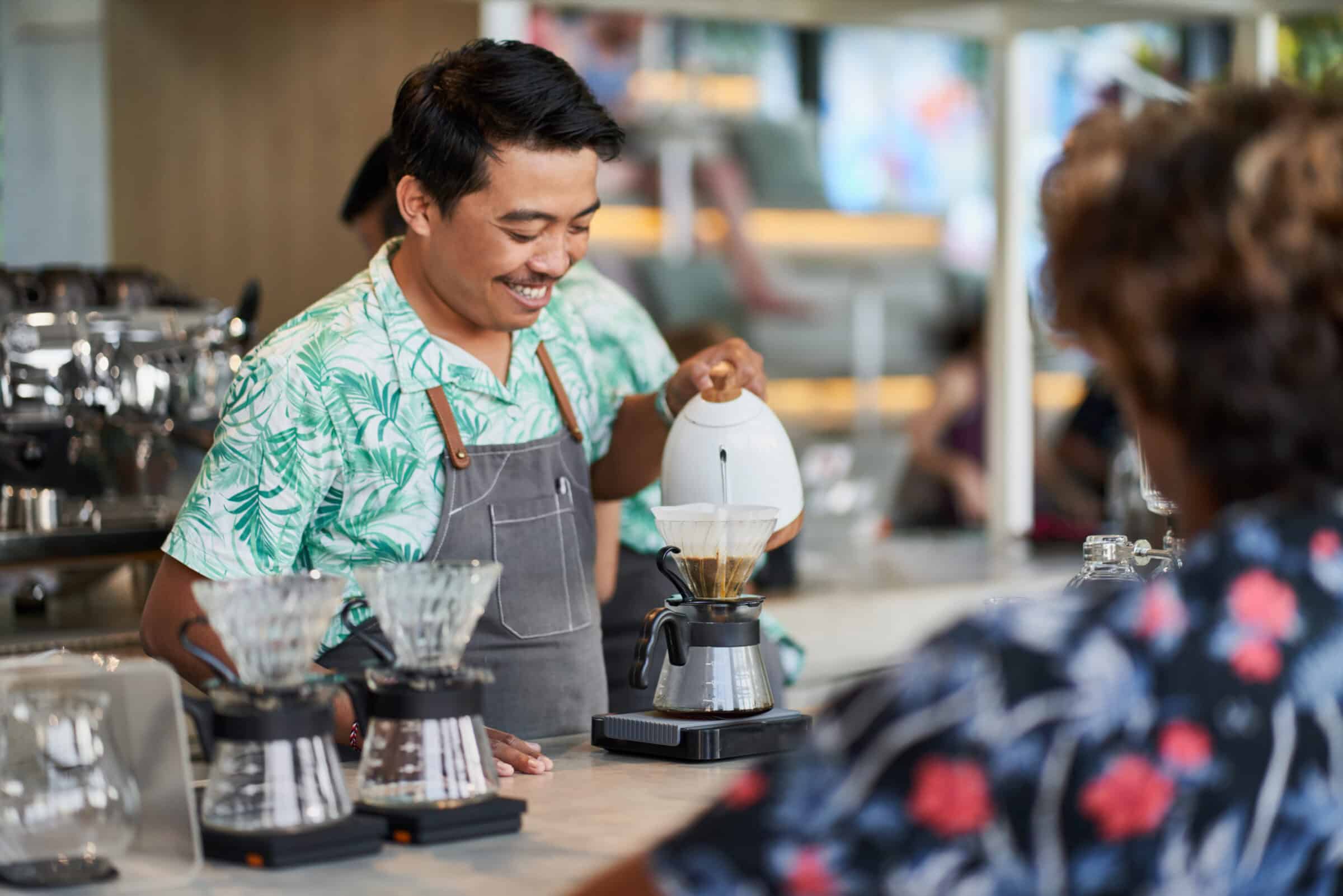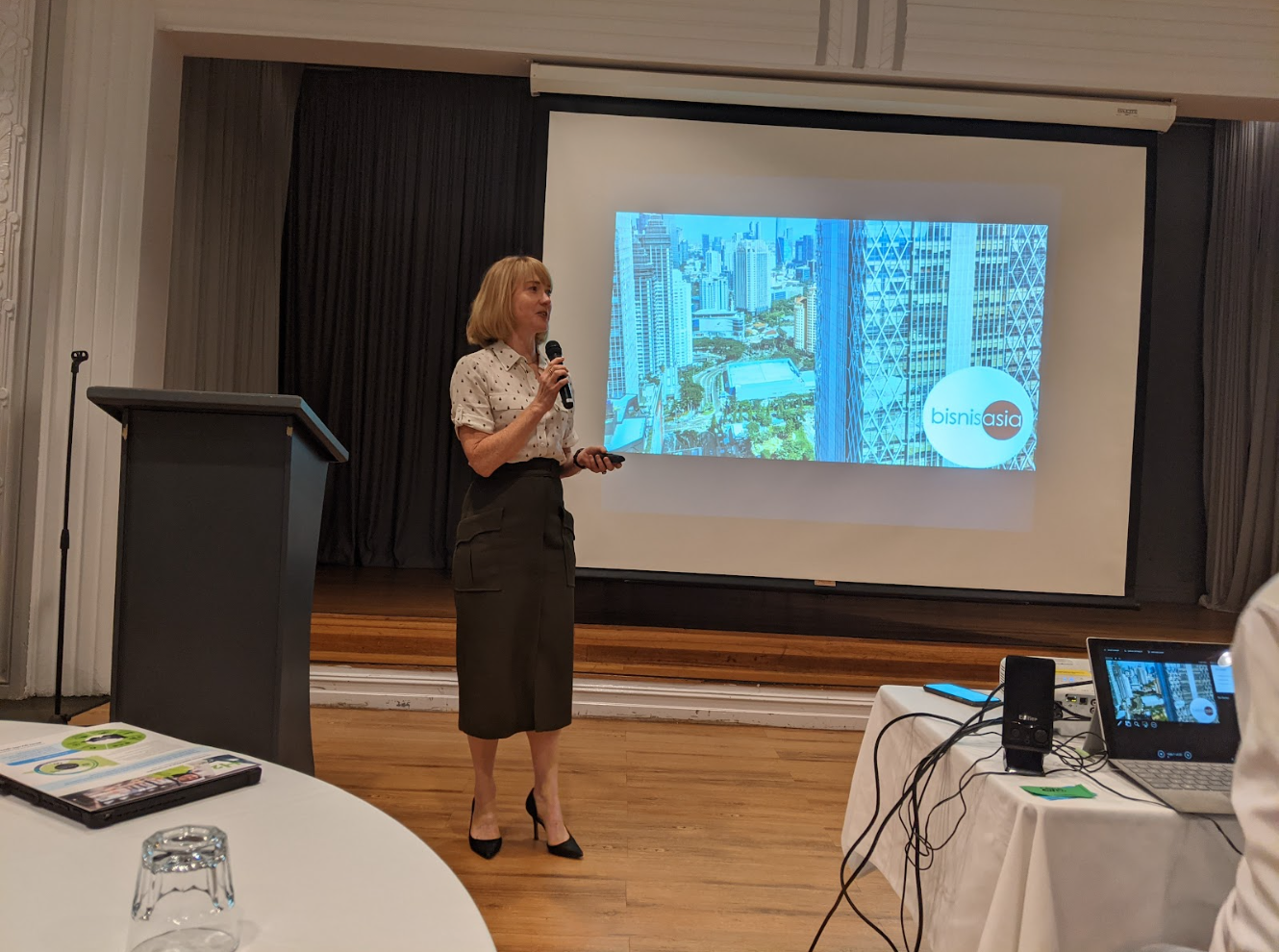
There are several measures a food business can take to help manage the impact of COVID-19, but overall, they need to be proactive.
That’s according to Michael Rogers, CEO of the Australian Fresh Produce Alliance, who said the smart companies are questioning how they can best position themselves to operate in an uncertain environment and take advantage of new opportunities.
“If a company is passive and thinks things will just go back to normal, our suggestion at the moment is, in the feedback back to us, is that’s probably not a great approach. Because there will be some challenges, and business will be facing a different environment,”he said.
One of the ways to stay nimble was to find new markets by tapping into existing relationships.
“So if it’s a bigger business, they might be selling fruit or a different product to a customer in a particular market. You may be able to go back to that customer and talk to them about your broader product offering.”
“If you’re a smaller company with a single product line, or a couple of product lines which perhaps doesn’t have a strong network, can certainly reach out to other people in your network.”

The impact on how goods move through the system also has many people “using this time to look very carefully at their supply chain” according to international trade lawyer Andrew Hudson.
“They’re realising that they’ve been exposed or they feel they’ve been exposed to one country too much. To like China, or elsewhere.”
The Export Council Director said business can reach out to potential partners by leveraging current relationships and taking the time and effort to build trust.
“In this environment, they’re going to have to perhaps spread their wings, if they’re exporting, looking at other markets for export or looking at other places as well. So in looking at their supply chains, they should be looking at free trade agreements that are in place which provide advantages in other countries they may not have considered,” Mr Hudson said.
This includes the new economic agreement with Indonesia which will come into force on 5th July 2020.
The two industry experts said that food exports via sea freight are still an important channel and more refrigerated containers are finding their way back to Australia. While important markets such Japan are expected to remain net food importers.
Rigby Cooke Lawyers Partner Andrew Hudson stressed though that some containers are arriving at ports and the customer does not exist anymore.
And this situation underscores the need to have due diligence and trusted relationships.
“So we just need to be certain when we’re shipping it, the people we’re shipping it to are going to be there, they’ve got their demand in place, they’ve got their customers in place, and they’ve got their finance in place. “
The two industry professionals were speaking at Bisnis Asia’s latest webinar about steps to take in the transnational food environment under COVID-19.





